
Where are you from and where are you now?
I was born and raised in Grand Rapids, Michigan but am currently living and making in Portland, Oregon.
What are your first artistic memories?
My mother is very interested in drawing and painting and she always had work she had made throughout her life up on the walls. I think she had a very playful mind and would exercise that in craft projects and an excitement about nature, and even how she cooked. Seeing those drawings covering our walls made me think that drawing (which was something I deeply enjoyed) was just a natural part of being human, something every one of my kindergarten friends had in common. Something about it always being part of her nature I think helped keep it to always be a part of mine.
What drew you to wildlife, flora and fauna as subjects in your artwork?
The house I grew up in was built on a hill that overlooked the Grand River in Michigan. I would wake everyday to the herons fishing on its shores, the turtles sunbathing or laying their eggs, the change in the weeds and flowers, and found refuge there in my own mind. I never got bored just sitting and thinking in those quiet places, and I still remember the feeling of the sun on my face and the color of the field as it turned from green to gold. I think it was built into me to know I was part of something earthy, and I was curious about how that power was also a part of myself. It held so much variety and metaphor and any feeling I had could always be found in the natural world.

Could you tell us a bit about your piece "We Will Never Get to the Bottom of It?”
When I originally made the piece, I was thinking a lot about duplicity - how something can be simultaneously good and difficult; this never-ending plight of devouring information and regurgitating it. This ability to feel connected to someone and chained by them, the circular nature of feelings that are happening simultaneously rather than as a pendulum. I think this piece loosely holds that metaphor, but allows room for the viewer to bring it into a situation, either as a positive or a negative, or just the way things are. I think when engaging these mysteries, we will never get to the bottom of it.
What is a normal day like for you in the studio?
I tend to wake up slowly, spend some time in bed and just let my mind think and wander. This is the most important part of my self growth and thus my creative growth. Then I usually clean a bit, maybe cook a meal, definitely get coffee from up the street and hang with my neighbors. After that I do emails, the business stuff, scanning, commercial work, etc. I find I’m more creative/in the mood to draw in the evening, so around 4 I typically start the drawing part of my work. At 1 am it’s time for books in bed, until I do it all over again.

What are some of the more difficult aspects of doing art daily?
Finding balance between the creative ideas you’re feeling and want to work, or the dry spell you’re experiencing, or the relationship that’s changing, or the sick days or the vacation days — I guess I mean being human — while needing to constantly produce to keep a roof over your head. It can be exhausting to have to switch mindsets so fully from the creative to the person who also runs a business, ships, packages, writes contracts, and because I’m a solo act, I feel like I’m constantly dropping the ball somewhere. This can take a hit on my self confidence, or instill a false idealism about how much should be humanly possible. I have to practice so much self grace.
And what are some of the more rewarding aspects?
It gives me time in my mind to think. Having that meditative space to turn inward allows me to process my interior world more fully. The creative process also teaches me how to slow down, to look at something, to question how it could be different, and to take on criticism, all of which effect how I engage with every person and thing in my life. There’s a certain wisdom to learning how to see, how to layer, how to build slowing and over time, how to let go of a bad idea, or work through a difficult one. It think it fortifies my mind and heart in ways I don’t fully comprehend but couldn’t live without. I’d be an entirely different person.

What are your thoughts on social media and how it affects art today?
While it has been a great tool for me to get my work out there, I’m often fearful it creates a hefty sway towards consumerism and output rather than on the slowness and time it can often take to create a powerful idea. I’m worried about the need to constantly produce, to always produce the same thing, and the glamorization of a difficult industry creates a pressure that limits our capacity to actually think, feel, and delve into the deepest parts—to change culture rather than just help it go round.
Do films or literature affect your artwork often?
Perhaps indirectly. I often am moved and effected by poetry (Mary Oliver, May Sarton, Marie Howe, Jan Zwicky), I think it funnels me further into myself, and when you change the insides, the output follows.

When you're not working in the studio, what do you find yourself doing?
I love going for long walks, it gives me space to think. In the evening I typically read myself to sleep - poetry, wisdom, fiction. I love sitting on the porch with a blanket and a friend, catching up or spilling over. And if the mood is right, dancing, always.
What can we look forward to next from you?
I have an upcoming solo show in May at Arch Enemy Arts in Philly, which I’m very excited for. I also have some interesting collaborative pieces in the works, but that might be under wraps for a while yet... I think I’m in search of something or maybe waiting for it to find me.

"We Will Never Get to the Bottom of It" will be released tomorrow - Thursday, February 1st, 2018 at 1PM PST.

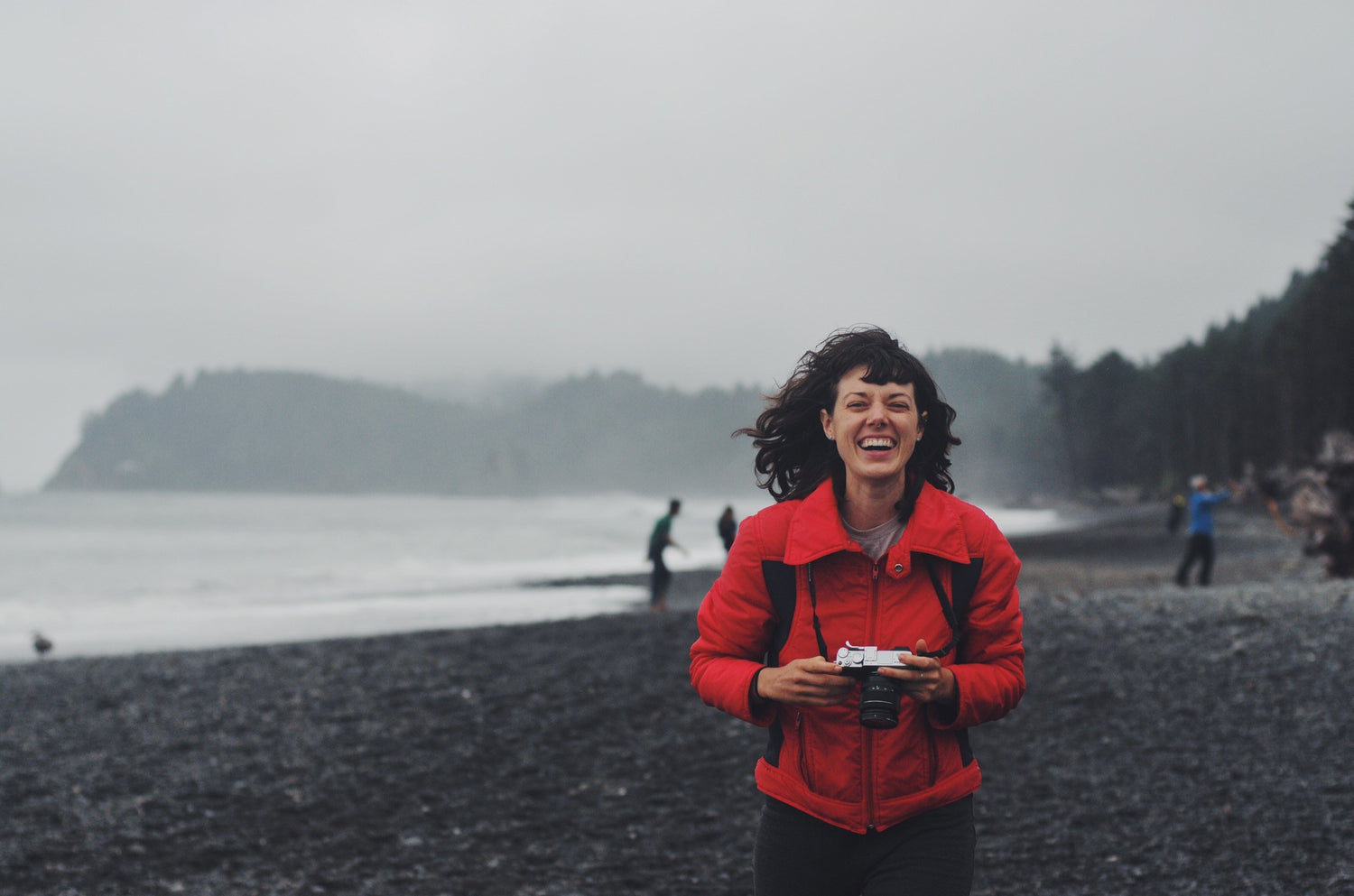
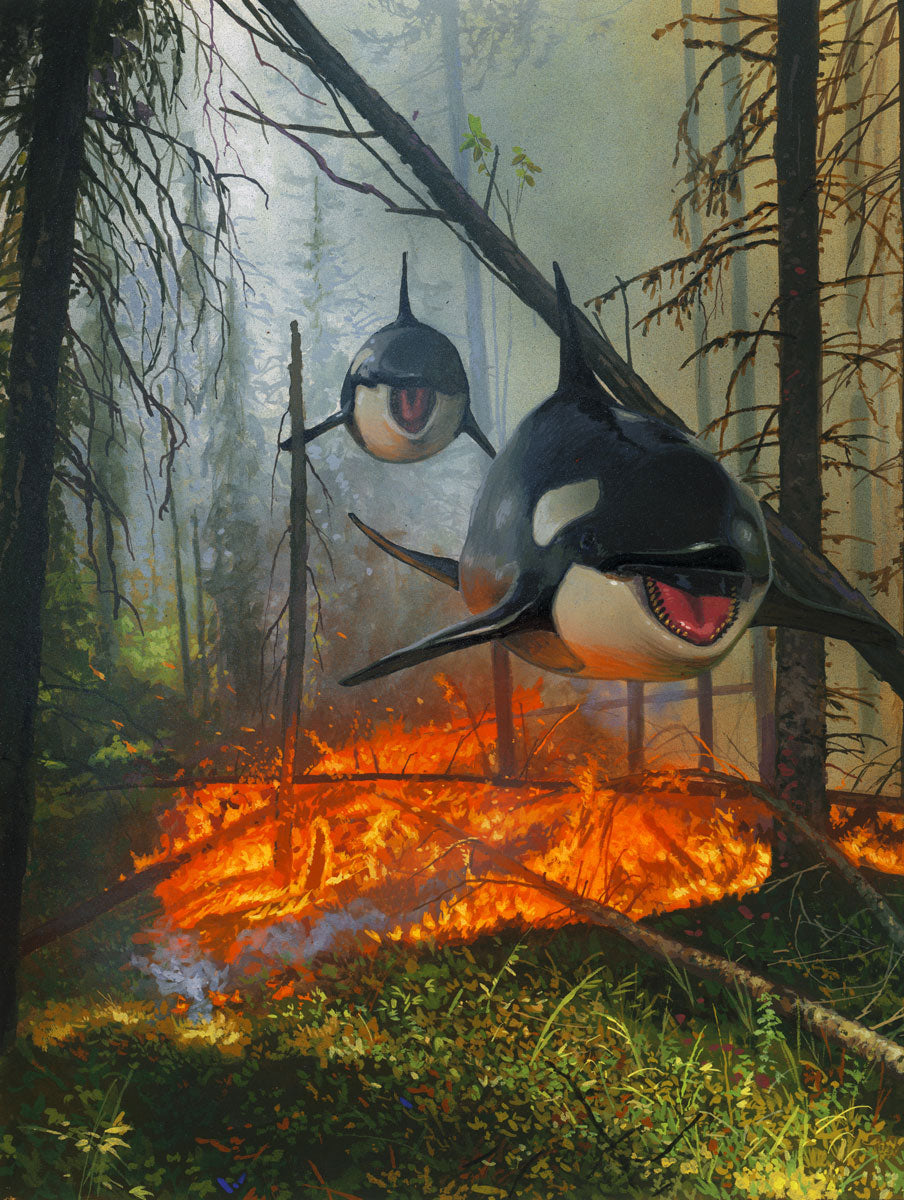
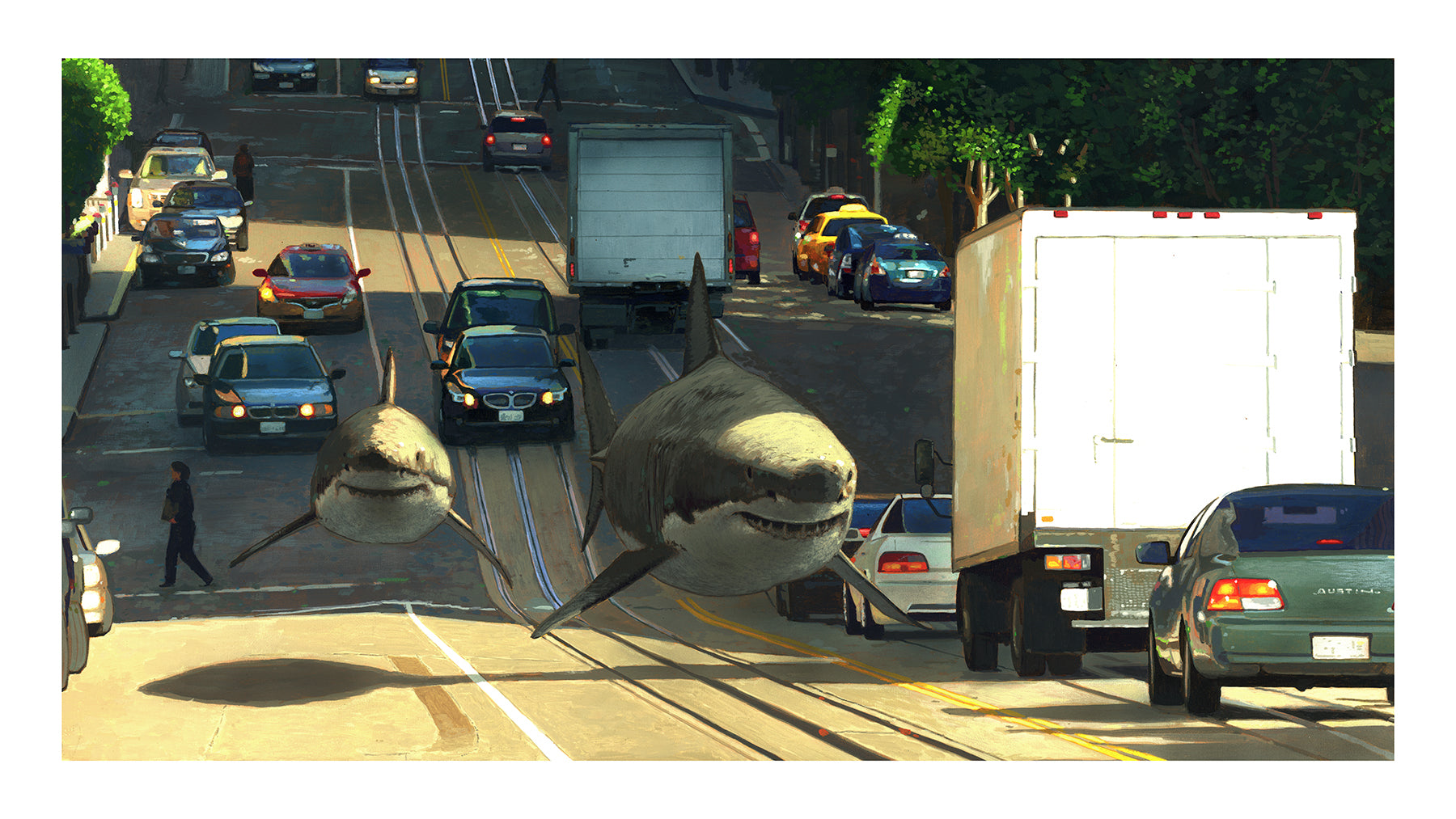
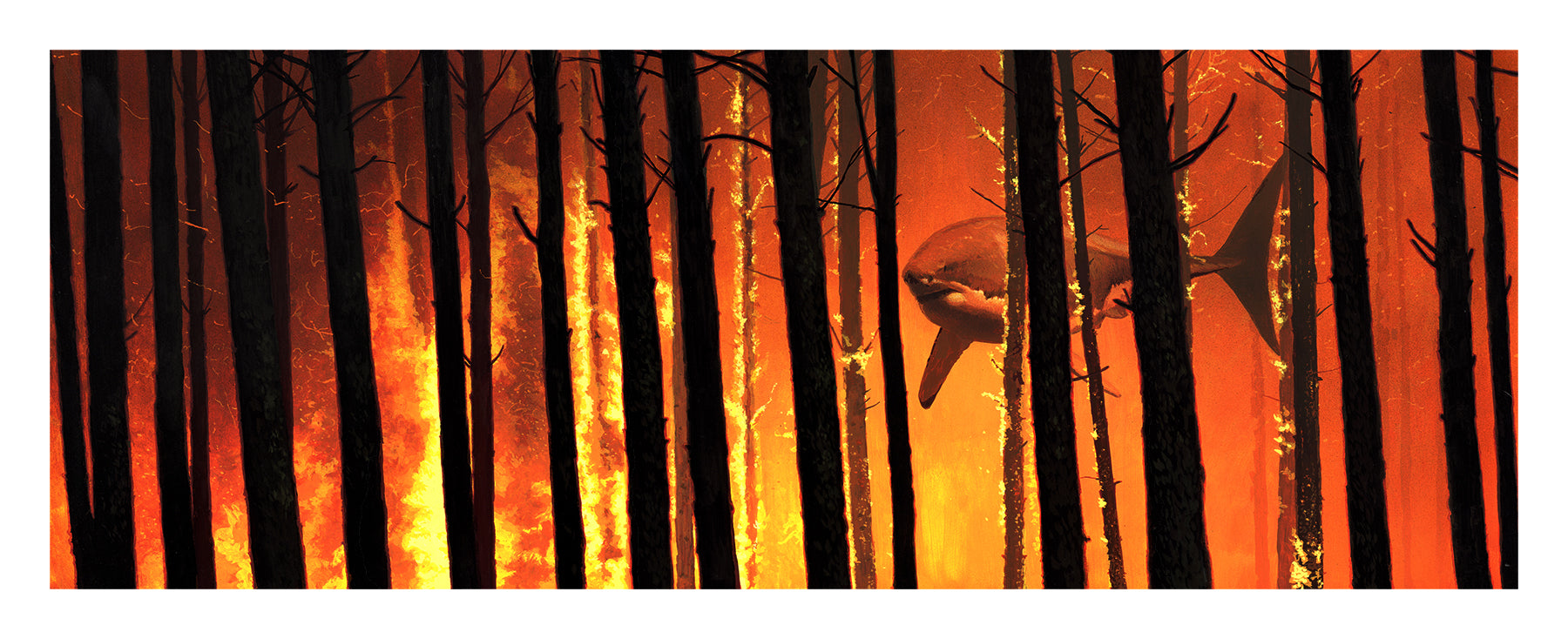
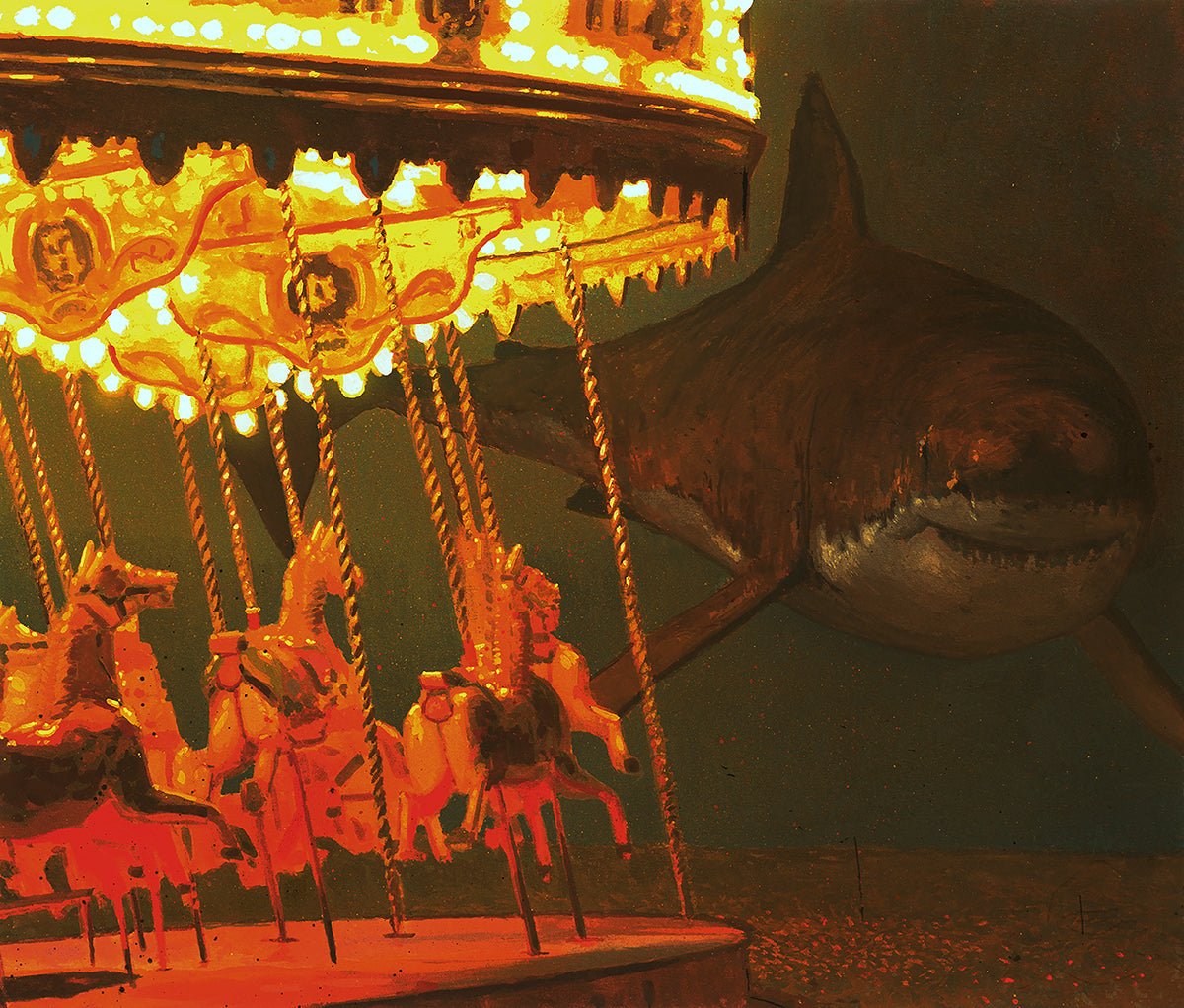
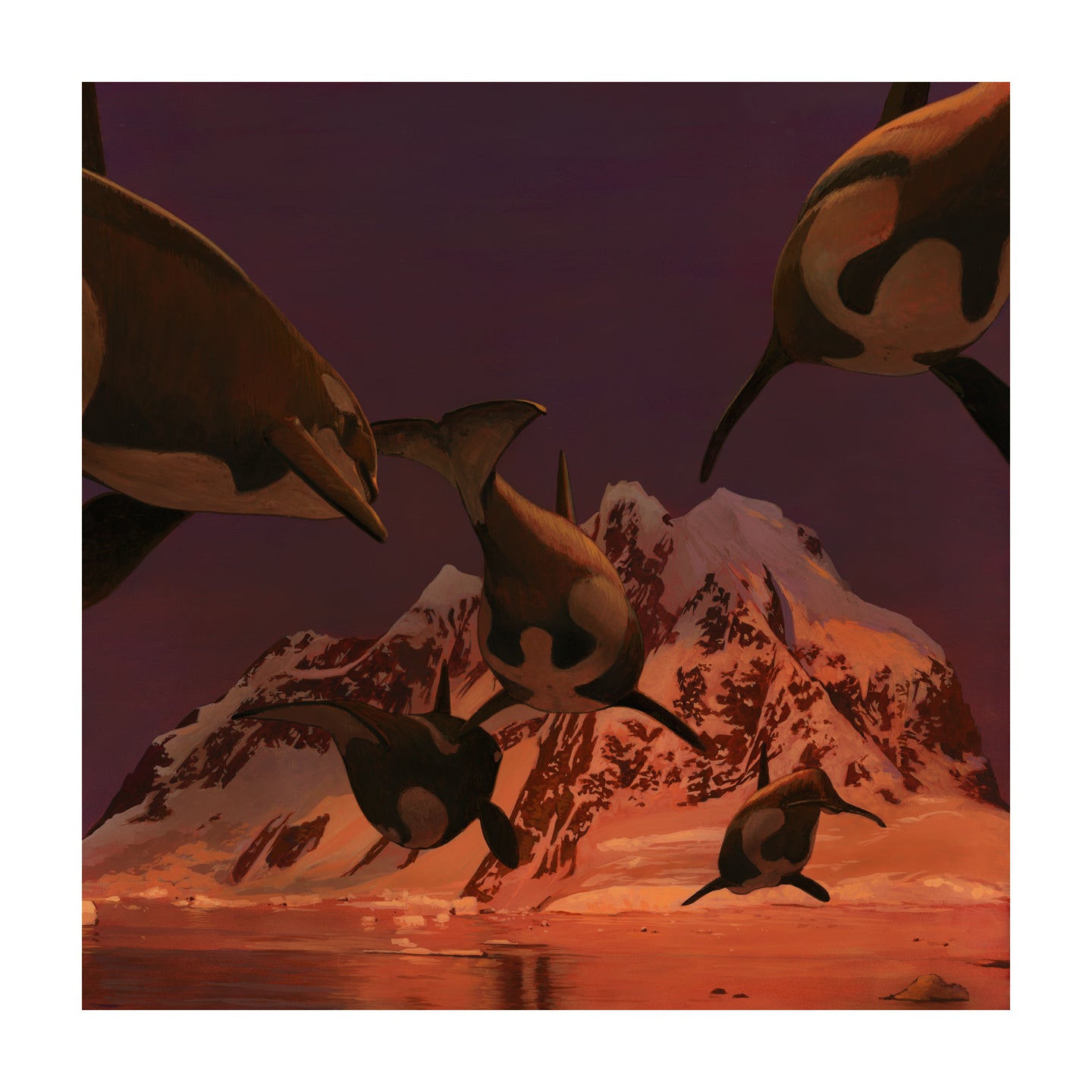
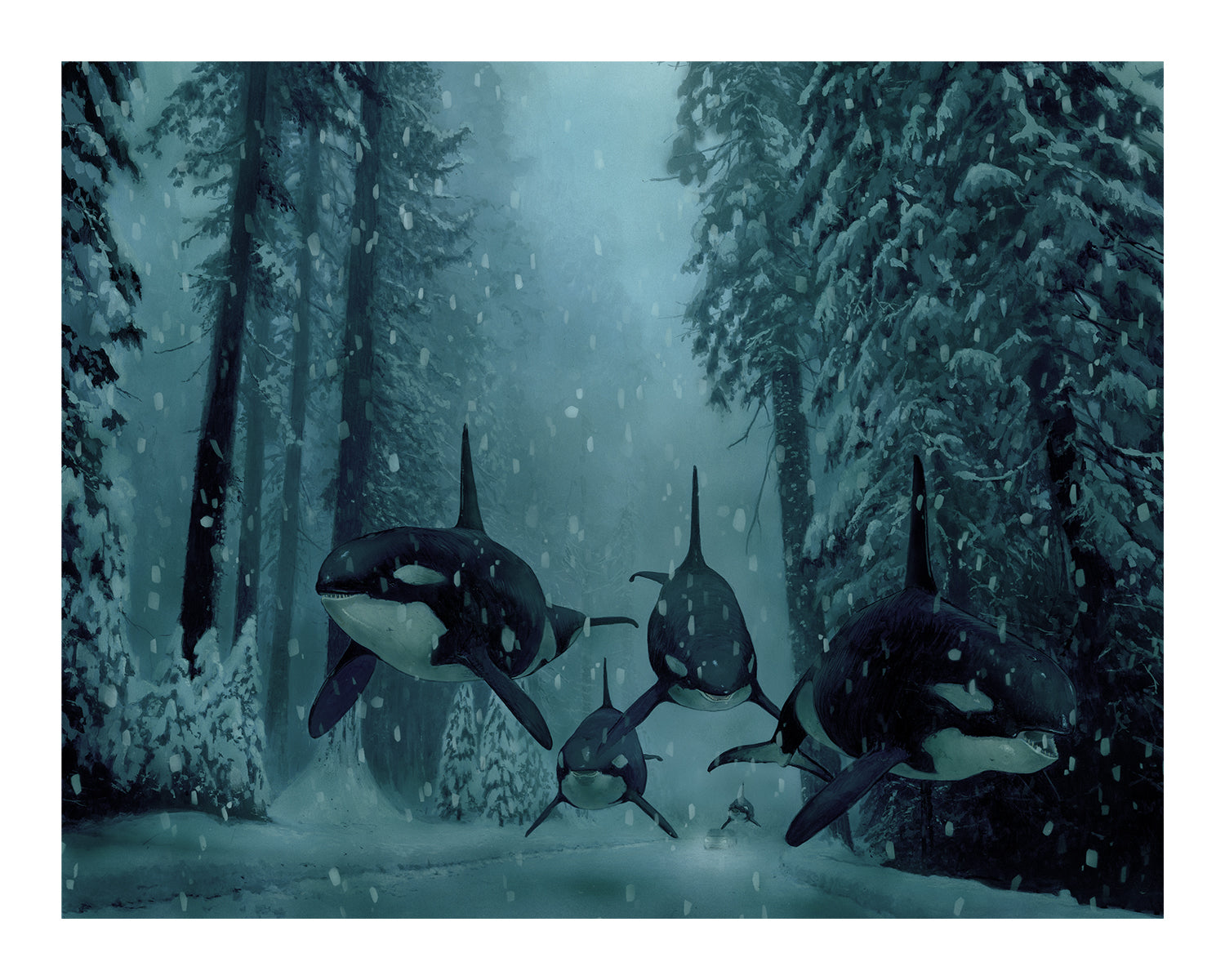
Leave a comment
This site is protected by hCaptcha and the hCaptcha Privacy Policy and Terms of Service apply.